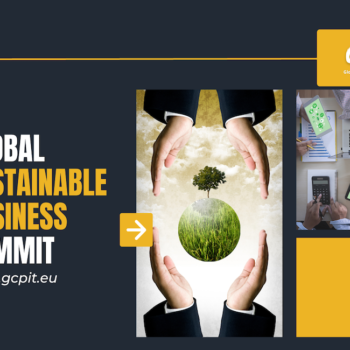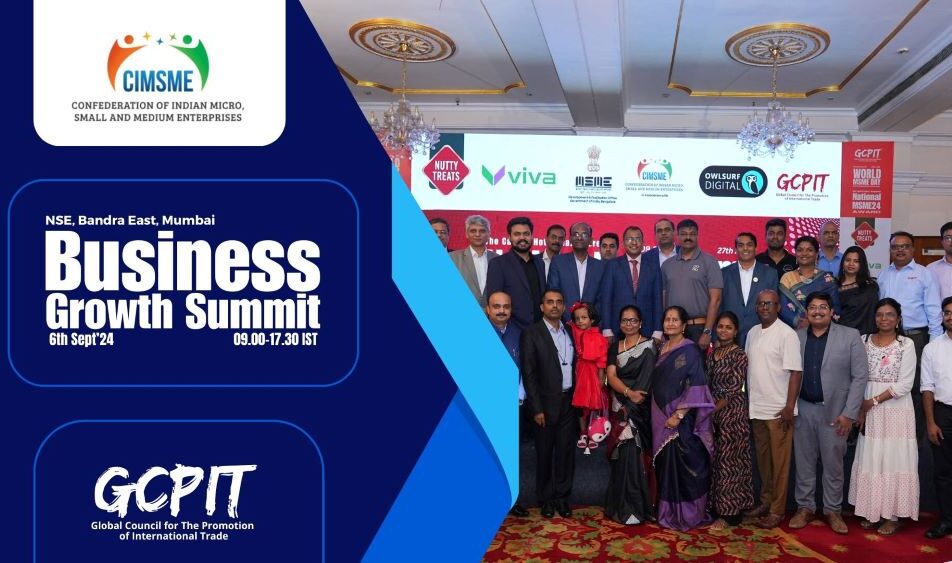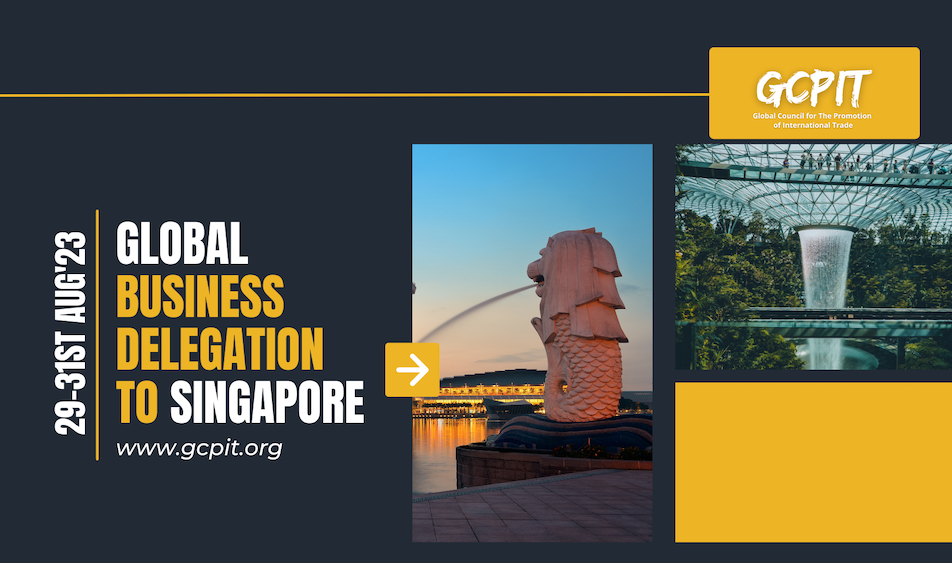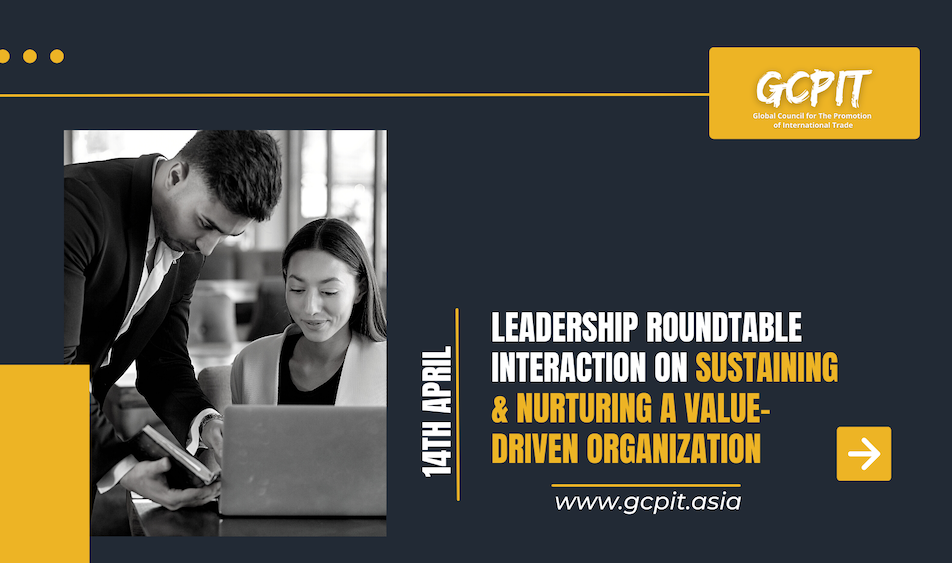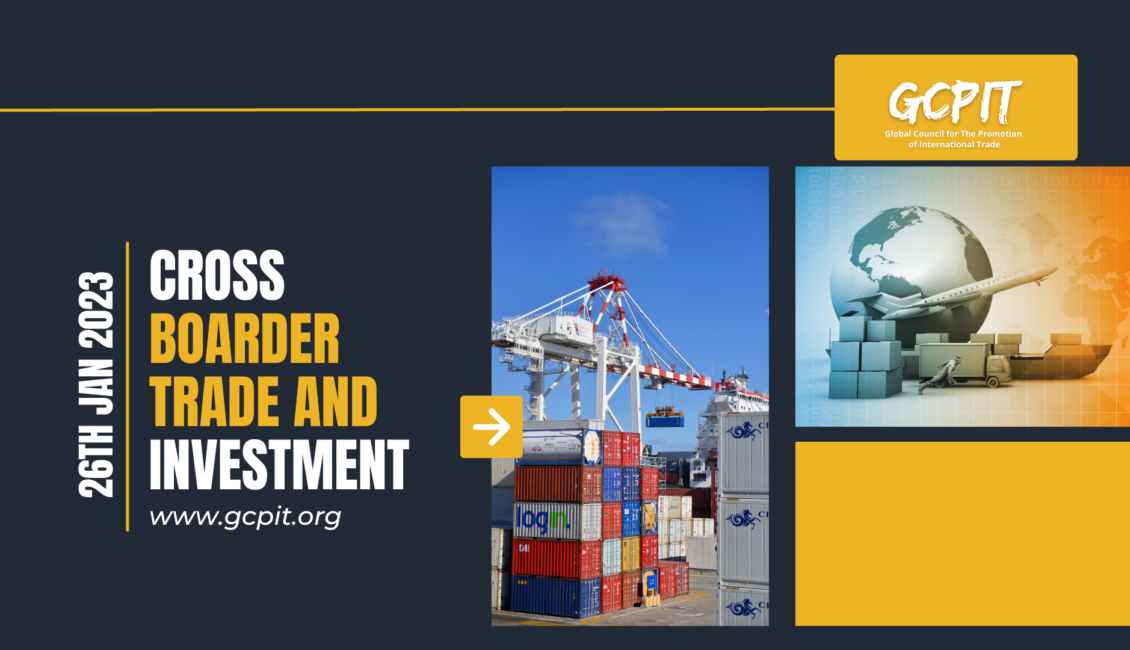
There are approximately 63.39 million MSMEs across various sectors in India. The Indian MSME industry is expected to contribute approx. 50% to the country’s GDP by 2025. The industry is the second-largest employment generator in India as of FY 2022, with more than 111 million people employed. The pandemic has accelerated the digitalization of business but further compounded the digital divide. We need to best practices that create new opportunities for MSMEs and help build a sustainable economy.
In order to achieve the goal honourable prime minister for being $5 trillion economy, the India needs to empower its forces of economic soldiers by promoting Make in India and Make for the World.
The Global Council for the Promotion of International Trade, Confederation of Indian Micro, Small and Medium Enterprises and Connect Ventures are joining hands to celebrate this republic day by empowering entrepreneurs for cross border trade and investment.
We are inviting the participation of companies and experts who endorse these aims and initiatives.
Agendas of the session
- The Transfer Pricing Compliances for cross border businesses.
- The Tax Compliances for US Businesses owned by Indians / foreigners.
- Payoneer making international Payments seamless for Indian Exporters
- Govt’s Vision to Promote the Cross Border Trade
- Fireside Chat on Cross Border Trade
- Vote of Thanks and Conclusion
Confederation of Indian Micro, Small and Medium Enterprises (CIMSME) is a section 8 company based out of Bangalore with its district and state council represented across India. Confederation is a national business network of 27,870+ leading entrepreneurs. Founded in recent past by a group of young entrepreneurs, Confederation enables business owners to learn from each other, leading to greater business success and an enriched personal life.
Global Council for the Promotion of International Trade is an organization based out of India, South Africa, USA, UAE, EU and GCPIT (UK) Limited with board & council member representation across the world to implement relevant major national development strategies, and promote foreign trade, bilateral investment and economic & technological cooperation; carry forward cooperation with overseas trade promotion counterparts; receive overseas high-end trade and economic delegations.
The Connect Ventures is on a mission to globalize the Indian MSMEs and Start-ups and support them to run the business in compliant ways.




















